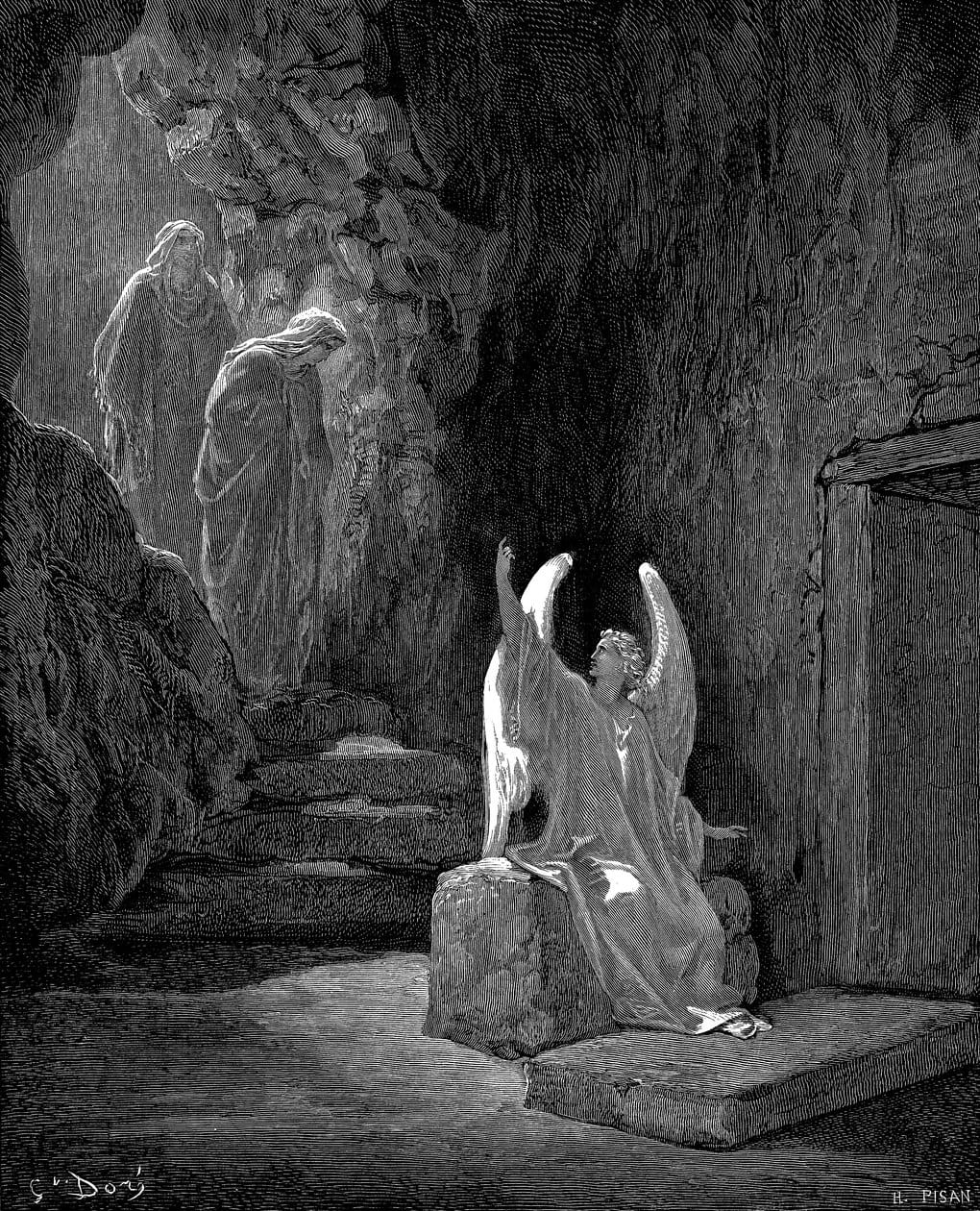A Secular Faith

1.
I once had a psychic tell me, “Your third eye is closed.” I’m not quite sure what she meant by that, but it resonated because, throughout my life, I seem to have lacked a spiritual sense. This may come as a surprise to those who know I have gone to church my entire life, but it’s true. I’ve never encountered anything which I would describe as divine intervention, nor have I had what people call spiritual experiences.
But not for lack of trying. I grew up in a Christian tradition that highly emphasized spiritual experience. People I grew up with often spoke of having heard from God, or of having experienced God. They would fall to the ground, dance uncontrollably, quiver and shake, and speak in indecipherable tongues, all presumably occasioned by the Holy Spirit. I would simply watch in disbelief, wondering what drug I hadn’t taken. I felt left out, like I was rejected by God. For years I was stuck in a crisis because what I believed about God was not ringing true. I believed that God loved everyone, that God loved me. Why then would God be passing me by? Other people were sure of their faith, because it was grounded in spiritual experience. But I had no spiritual experience.
As much as I resented it when I was younger, I’m thankful for this lack now. It forced me to question my beliefs, and to find meaning in faith without spiritual gratification. Going to church had to mean something different to me. And I had to learn to live without assurances. If you are taught evangelical Christianity as a kid, and then you have spiritual experiences at church, you’re more likely to remain an evangelical Christian as an adult. Whereas, my lack of spiritual experience caused me to doubt evangelical Christianity, and the more of that doubt the better.
2.
Why didn’t I abandon church altogether? I’m still not sure I won’t, but I didn’t because I encountered a new kind of faith in the biblical prophets. The prophet Jeremiah said, defending the cause of the poor and needy is what it means to know God. That message radically re-oriented my approach to faith. I came to find that church does indeed have a lot of depth when what we are talking about is the transformation of the actual world in the pursuit of justice, rather than belief in another world where we will escape to when we die. I wouldn’t have had that reframing if I hadn’t lacked spiritual experience.
3.
A growing number of people consider themselves “spiritual but not religious.” I would sooner designate myself “religious but not spiritual.” I attend two Christian church services every Sunday. And I am an elder at one of the churches, which means I volunteer for church work and attend monthly meetings to tend to the business of the church. My religion is very organized. But it is not very spiritual. I would describe my experiences at church as solemn, if not boring. They are sober experiences, whereas I understand spirituality as a kind of high.
That’s not to say I am never moved emotionally at church; I am. But no moreso than by a good movie or song. Of course, art can be spiritual too, but what I mean is, my experience at church is secular. There’s nothing supernatural about it—nothing even particularly mysterious. It’s regular, ordinary, casual.
4.
I think there is probably some psychological explanation for my lack of spiritual experience. Some people seem to be susceptible to such experiences, while people like me are not. Our third eye is closed. We are hopelessly temporal, we secular ones. The eternal does not infringe on our bonds to earth and time. We are not interrupted by the beyond. No infinite deity crashes our finite continuum.
5.
I don’t want to suggest that God is absent from my life, per se. Rather, I think I experience a different aspect of God. I experience God‘s hiddenness. I hear the silence of God and see the invisibility of God. God is present to me as hidden. God‘s so-called absence is a presence which allows the fullness of being to come into view. God‘s hiddenness allows the presence of God not to eclipse the finite world. God’s invisibility makes sight possible. God’s silence makes hearing possible. Exodus 33:20 says no one can see God and live. Seeing God would require sacrificing all our finite faculties. Sensing the infinite would require a surrender of sense.
6.
Surrendering the senses more or less characterizes the aim of mystics. Mystics seek union with the divine through meditation or contemplation, stripping away attachments to the material world and opening oneself up to the eternal. I am not a mystic. I think the surest way to senselessness is not meditation, it’s suicide. As long as we’re alive, what our experience is defined by is sense.
7.
God is invisible so that the world might be visible. We do not rid ourselves of the world to see God; rather, God’s invisibility necessitates faith, which is believing without seeing.
8.
I once had a conversation with someone who said doubting his faith was no longer an option for him because he witnessed a miracle. He wouldn’t tell me what the miracle was, but he said it was irrefutable proof of the Christian God. I remain unimpressed by this. Faith is not faith if it is immune to doubt. Faith is distinguishable from certainty, because with certainty faith is unnecessary. One merely knows. What makes faith what it is is its groundlessness. Faith implies doubt. It is belief in spite of doubtfulness. The person who refuses to doubt what he believes does not have faith, he has self-deception. For we are always doubtful. We are a doubtful species, an unknowing, searching, questioning type. There is always room for a question. Questioning is part and parcel to consciousness. For what is consciousness but being asking itself, what am I?
9.
I thank God for my godlessness, for my lack of spiritual apprehension. It has forced me to become more aware of myself and the world. Lacking knowledge, I had to pursue it. How spoiled we must be to presume that knowledge would simply drop in our lap. How timid we must be to expect God to usurp our senses, like a dog refusing to trust her nose. The world is ready to be understood by those who would use their senses. Consciousness is an active not a passive gift, and wisdom blesses those who search for her. So I’ve learned not to depend on spiritual experience.
10.
You may find faith if you seek it, but don’t expect a miracle.



